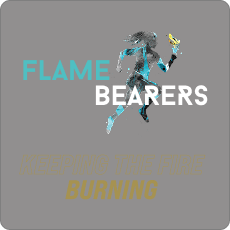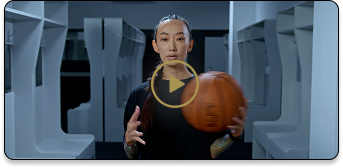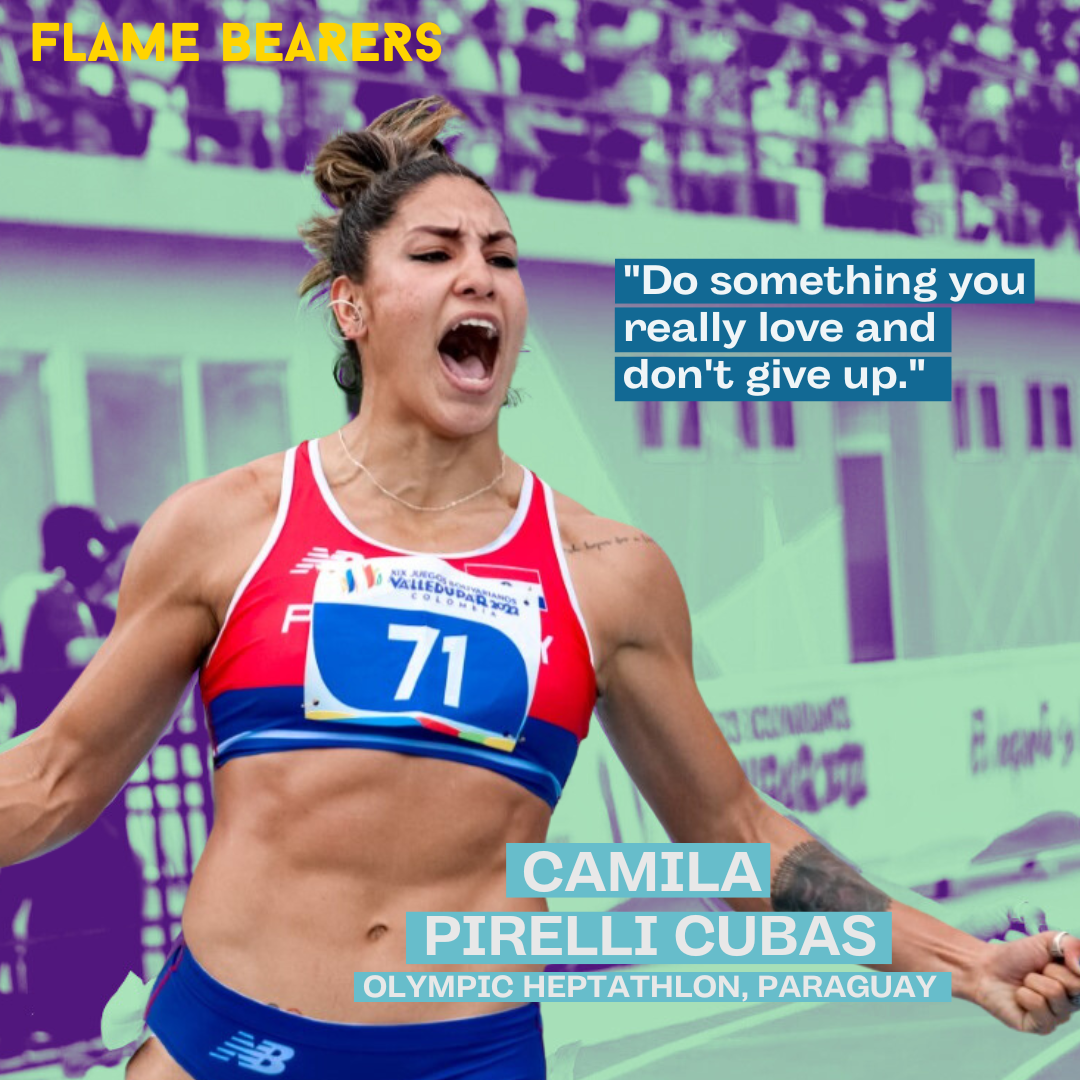Camila goes by Cami, Pirelli, or Pantera Guaraní, the Guaraní Panther; Guarani is the language, and culture of the community of people Camila belongs to, and for Camila, it’s important to honor where she comes from. Today, we spotlight Paraguayan track and field star, Pantera, who holds more than a dozen gold and silver medals nationally. Her expertise is Heptathlon, a 7-event competition including the 100-meter hurdles, high jump, shot put, 200-meter run, long jump, javelin, and 800-meter run. All that to say, she’s the real deal…and in 7 events! In our conversation she shares about her upbringing in Paraguay, mental health and body image.
Thank you to contributing expert Rio Otara (Global Programme Manager, World Association of Girl Guides and Girl Scouts).
Media clips were used from the following sources:
-SNT Paraguay’s YouTube Channel, ‘Tokyo 2020: Camila Pirelli con pasaje a Japón’
-Somos Gen’s YouTube Channel, ‘PODEROSAS – Camila Pirelli, Atleta Olímpica Paraguaya’
-Alexander Refsum Jensenius’s YouTube Channel, ‘Sound Action 172 – Running on gravel’
-Prashant Bharambe’s YouTube Channel ‘Open air swimming pool|Sound Effect|Ambience|Exterior|Think sound effects’
-Beyond the Game’s YouTube Channel ‘Celeste Mucci | My Life as a Heptathlete’
-BerlinAtmospheres’ YouTube Channel ‘Car Crash SOUND EFFECT – Auto unfall SOUNDS’



